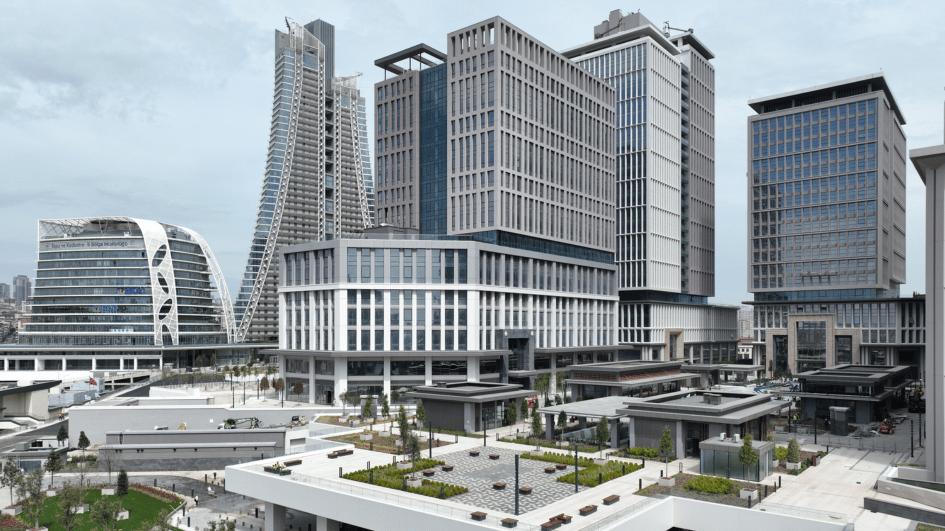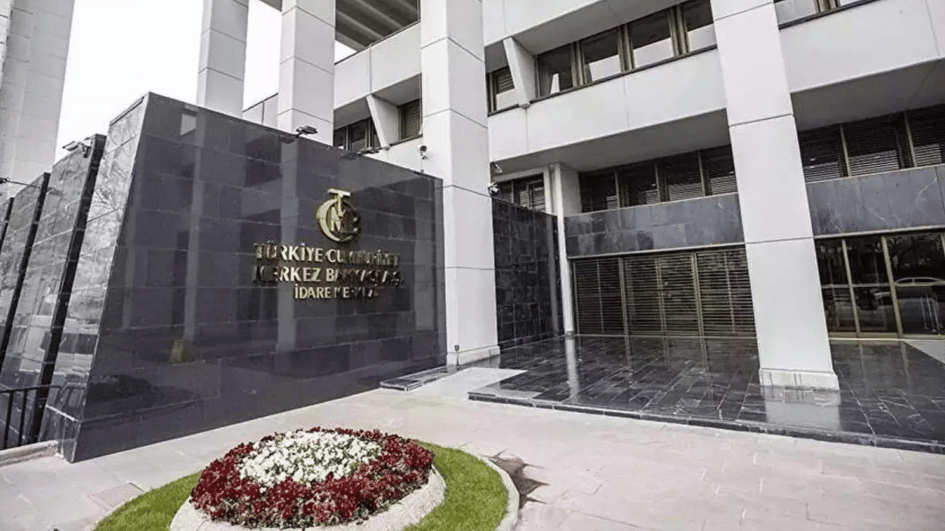Court verdicts on phone tapping transcripts
I will explain the two verdicts on the telephone eavesdropping on the General Assembly of Criminal Matters of the Supreme Court of Appeals. These decisions are extremely important in terms of fighting corruption.
Person A, whose phones were tapped legally through permission from a judge in connection with drug trafficking, was also caught during his phone conversations that show he was “forming an organization to commit crimes.” Would those phone conversations recorded for drug trafficking also be valid for “organized crime?”
One department of the Supreme Court of Appeals has ruled they are not valid because the judge decided that they were only for drug trafficking. The General Assembly of the high court revoked this decision and decided it was valid. (K: 2013/599)
Thus, during a phone tapping that is done legally through the decision of a judge for one certain crime, if another crime is caught, then the conversations would be valid evidence for those other crimes.
Well, while Person A is being eavesdropped with the decision of a judge, what if Person B who is speaking on the phone to Person A, is coincidentally discovered that he is also committing a crime? Would the transcripts of Person A be valid for Person B also?
Again, a department of the high court ruled “they should not be valid.” The general assembly, on their June 2 meeting, decided they would be valid evidence. (K: 2014/302)
The decisions of the General Assembly of the Supreme Court of Appeals are binding.
Consequently, phone conversations recorded legally will be evidence for all whose voices have been recorded. With, one condition: The crimes that have been found during the phone tapping done by judge’s decision should not be any crime, but has to be a “catalogue crime.”
What are catalogue crimes?
According to Article 135 of the Turkish Code of Criminal Procedure (CMK), there are 14 crimes that are listed as “catalog crimes.” Among them are crimes such as homicide, human trafficking, sexual abuse of minors, rape, drug trade and torture.
Bribery and bid rigging crimes are also included. According to the law, the crimes and suspects that have coincidentally been found during legal tapping “should immediately be reported to the office of the public prosecutor.” (CMK. Md.138)
The prosecutor may open an investigation based on this, but would the phone transcripts be evidence against these people during the trial?
The high court has eliminated this indecision and has definitely ruled that they will be evidence.
In the Dec. 17, 2013 investigation, there was no decision made to eavesdrop on the Cabinet ministers, while others were legally being tapped, their voices were also recorded. The prosecutor has launched the investigation and has sent a motion to Parliament.
After the high court’s last decision, legal transcripts will be able to be included in the file as evidence for anybody whose voice has been recorded.
What other evidence shows is a different matter; however, from now on, the defense of “the decision of the judge to eavesdrop is not about me” will not be valid.
ECHR judgments
Illegal evidence is definitely not valid legally; there is no change in this. If they were to be considered valid, then illegal tapping, torture in admitting things would be encouraged – not even imaginable.
The high court’s decision is about crime and criminals who have been caught during legal eavesdropping. They are in line with the European Court of Human Rights’ (ECHR) judgments that “investigations should be conducted effectively.” They are correct tools for fighting corruption.
Actually, according to the ECHR, during a phone conversation between two people if a corruption incident is caught, then this is not regarded as a “private conversation.” It is not included in “private life.” If they are recorded illegally, the broadcasting of them will not be a crime because they will mean public monitoring. (Case of Radio Twist S.A. v. Slovakia, Application no. 62202/00 of Dec. 19, 2006) In such cases, broadcasting does not constitute a crime, but illegal tapping is never in any condition considered legal evidence.











